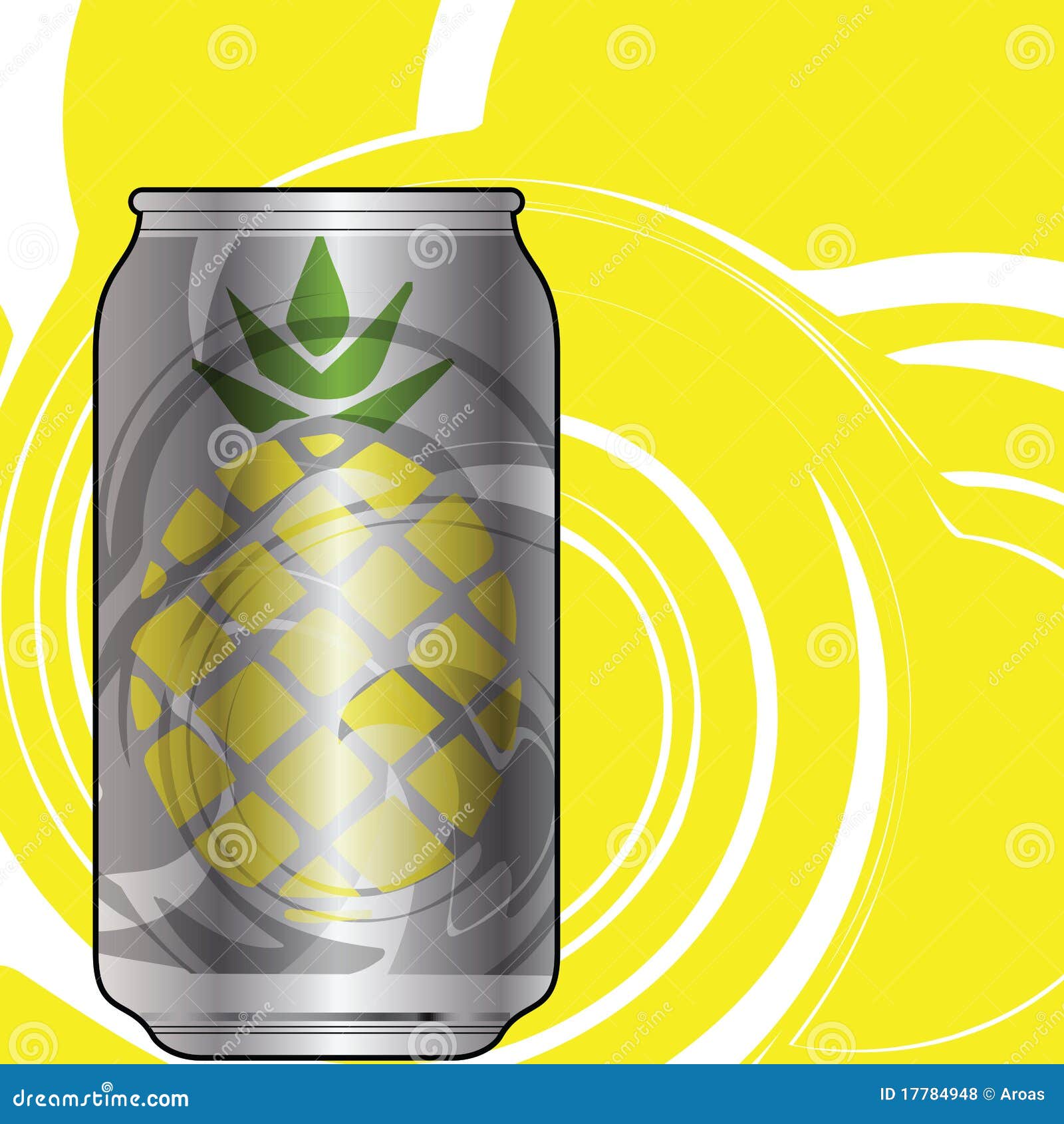
Since its inception, Thanksgiving has been about sharing food, family and diplomacy; pass the stuffing, not the stereotypes. But lately, a new feud is brewing...a food fight. Do you see meat in the classic cornucopia image displayed above? Neither do I.
But I like meat. I'm not crazy about turkey actually, but ham, lamb, beef, chicken, I do eat all of those. And of course, I'll eat turkey tomorrow.
But what about my sister who is vegetarian (this week)? Or my dad who is adamantly attached to creamed corn even though we tell him it's not very healthy and terrible for his arteries?
Can we all still enjoy Thanksgiving together? Will food become a taboo subject at the dinner table like politics and religion?
I say, NO! Have a healthy serving of debate, disagreement and diversity this season, try a few new recipes, respectfully preserve some traditional ones, and just keep it coming til you run out of pie (and wine and beer, I would imagine). All that arguing will help burn off some of these excessive calories we've all decided to ingest anyway. Enjoy!
Some helpful suggestions:
Homemade cranberry sauce
homemade creamed corn,
pumpkin pie or
BPA free cans of cranberry sauce, corn and pumpkin
Vegan recipe suggestions for sides/turkey alternative
Safety tips for turkey
Happy Thanksgiving.
Maya Missaghi, William Mitchell College of Law
Photo credit: http://www.123rf.com/stock-photo/cornucopia.html

